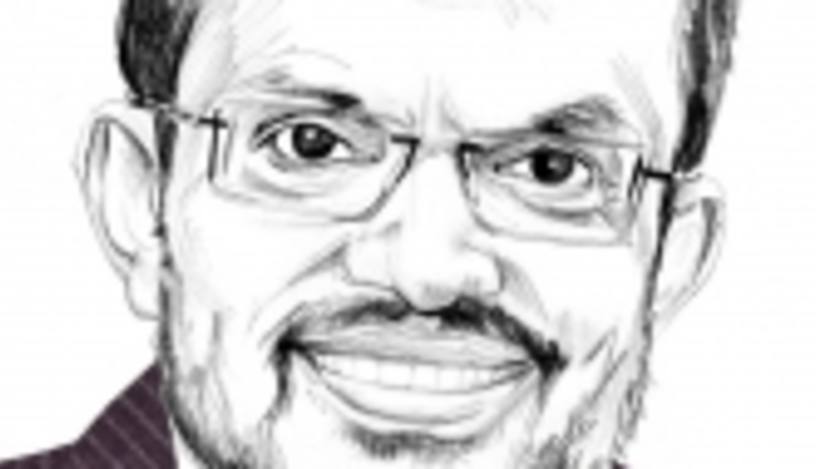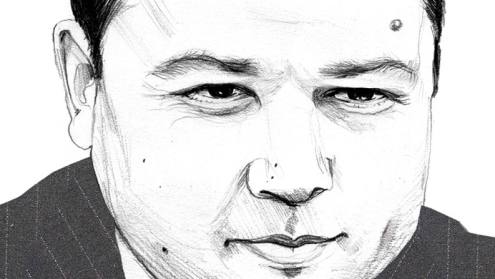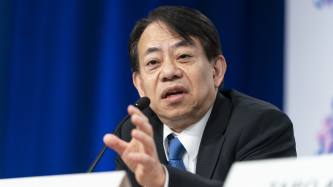The Singapore economy is facing a new paradigm. Externally, the extraordinarily loose monetary policies in advanced economies have created a wall of money that has led to a surge in credit growth and asset prices in many parts of Asia. Domestically, Singapore is heading towards a demographic cliff, with resident labour force growth declining and the capacity to absorb foreign labour reaching its limits, creating wage and cost pressures.
The Monetary Authority of Singapore (MAS) has been taking a judicious approach to securing economic and financial stability in this new normal of an economy restructuring to reduce labour dependency amid a global environment of slow growth and easy money. In most respects, this approach builds on the existing framework for monetary policy; but in other respects, it takes a more comprehensive view of macro stability and incorporates policy innovations to deal with the new realities.












